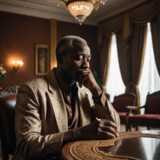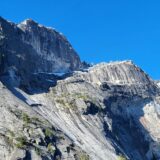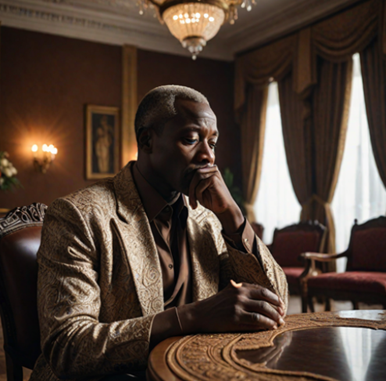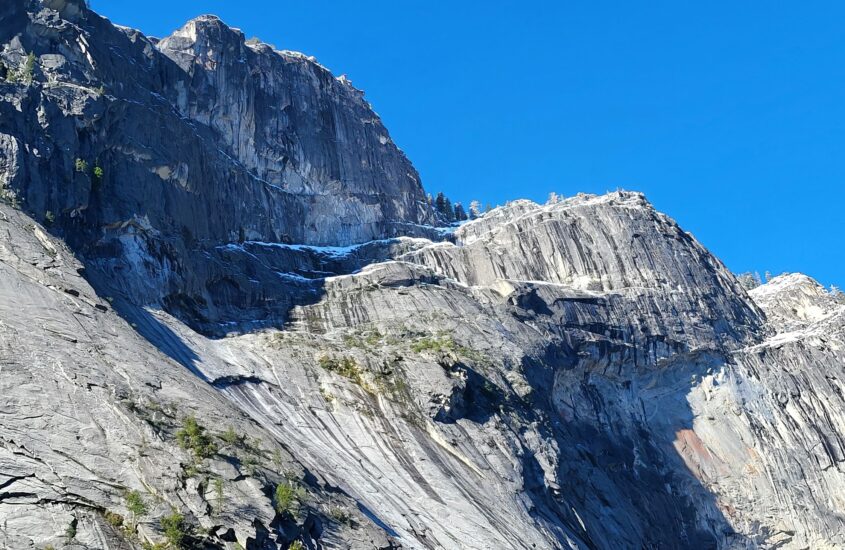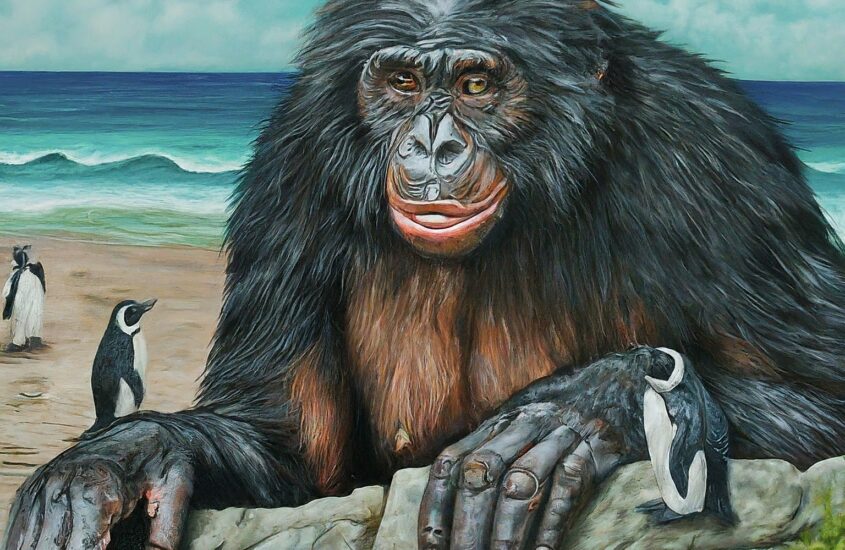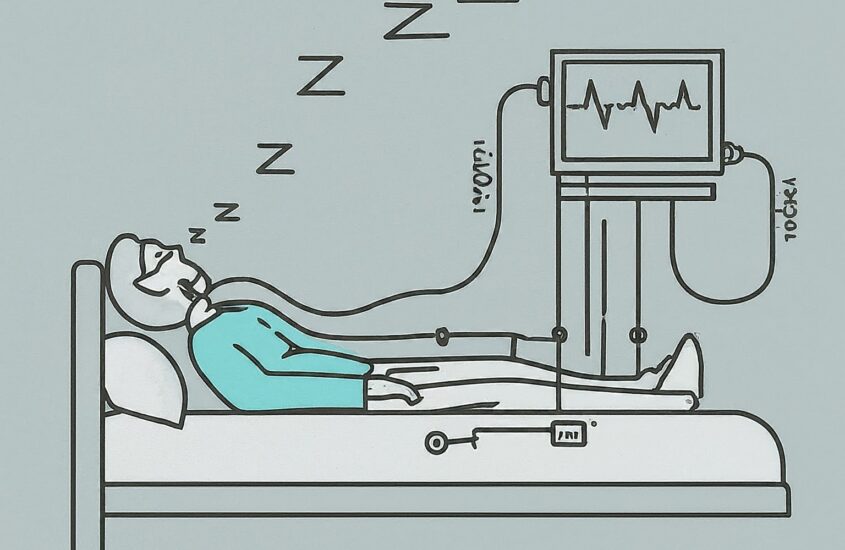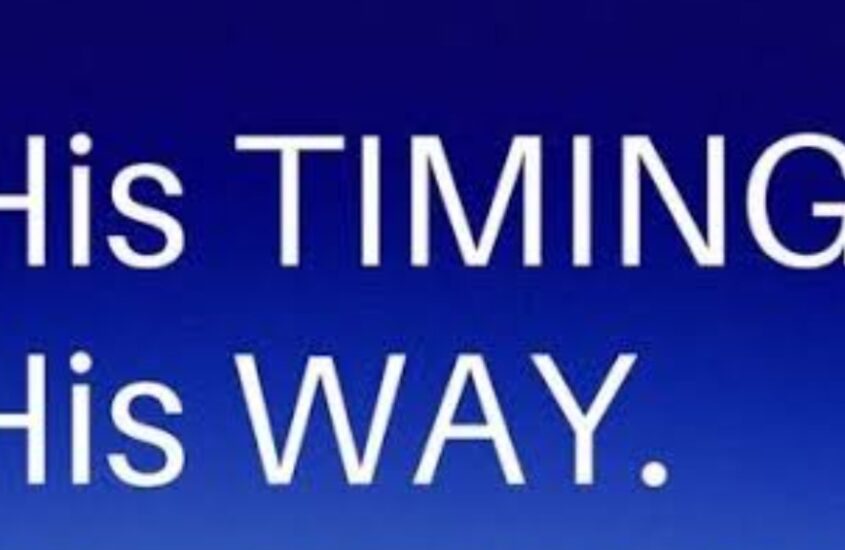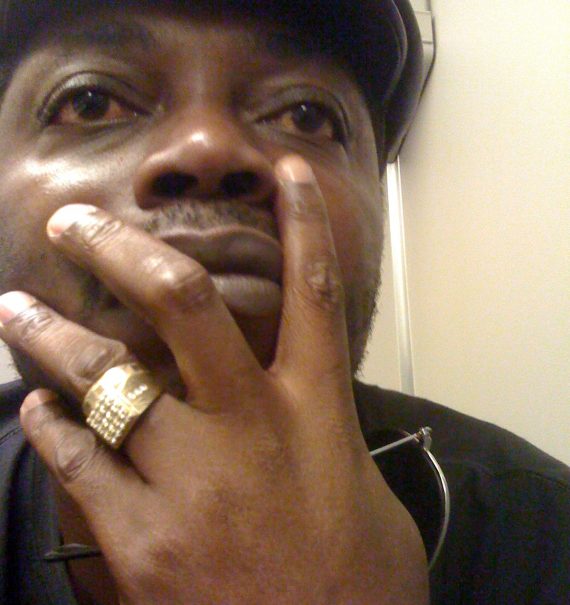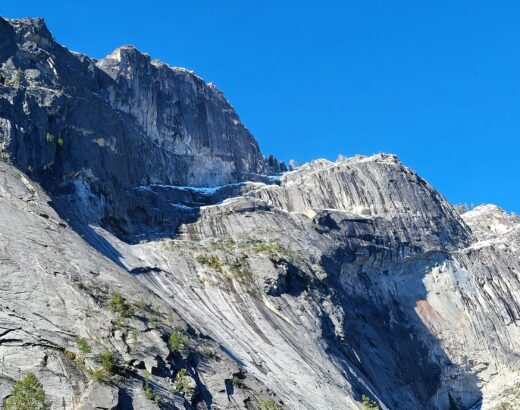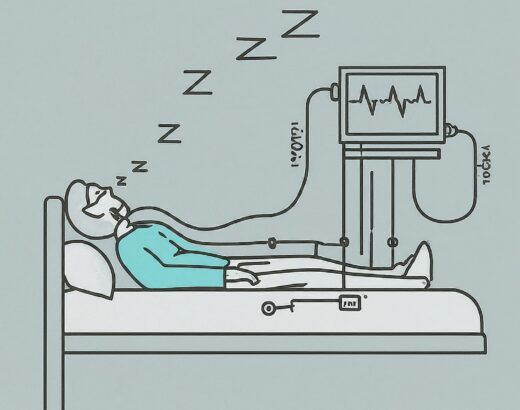09Jul
From Accounts to Siberia: My Brush with Bureaucratic Corruption
There is corruption in high places and we are all afraid to resist it because doing so often comes at a cost. Youthfulness and idealism were helpful in my saying No.
Someone has put it simply - we all want to be a Diamond but do not want to be cut!
